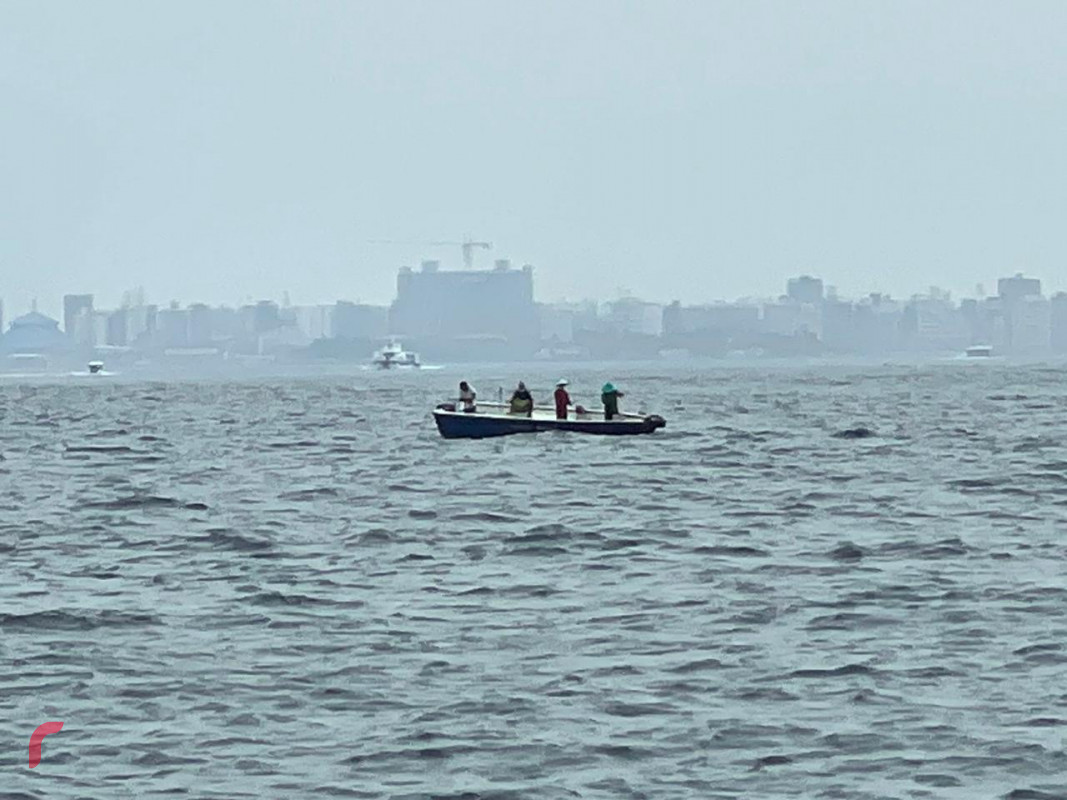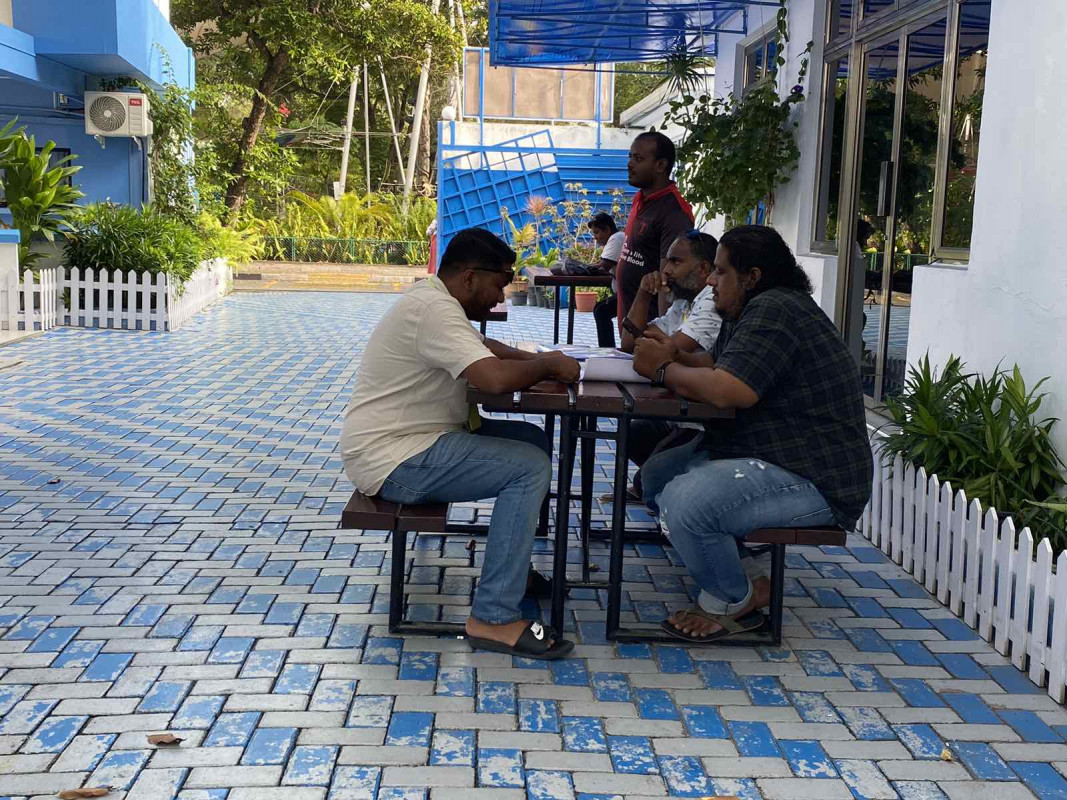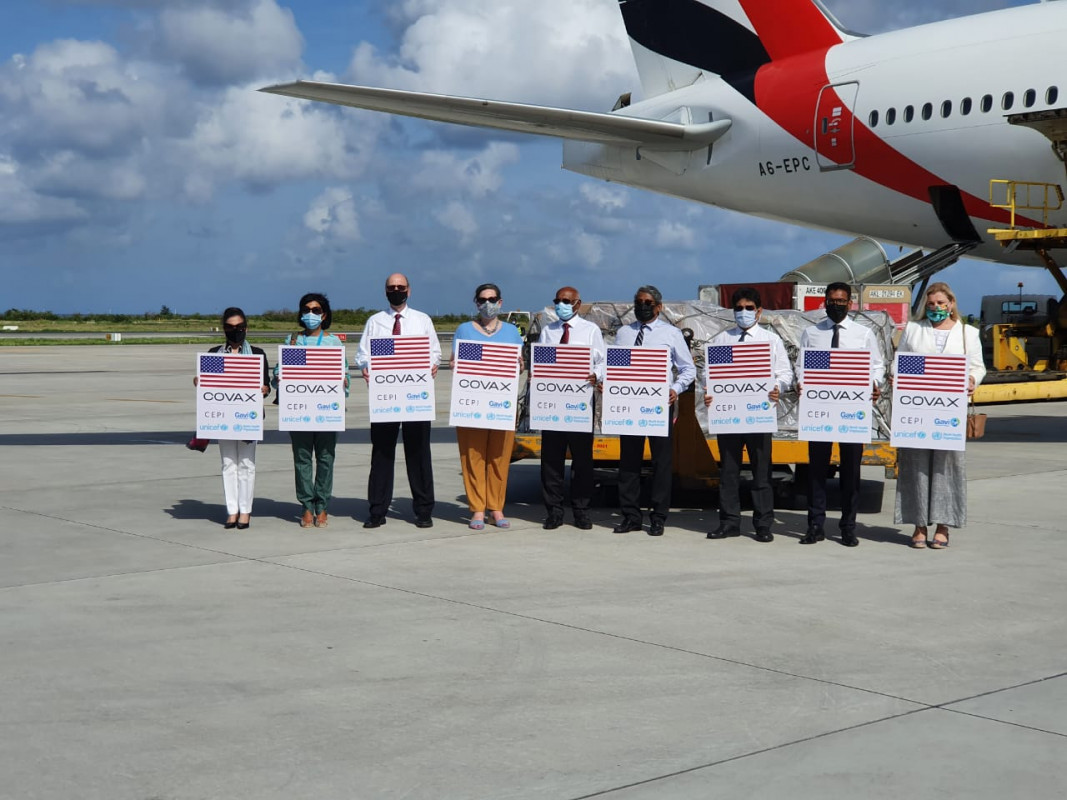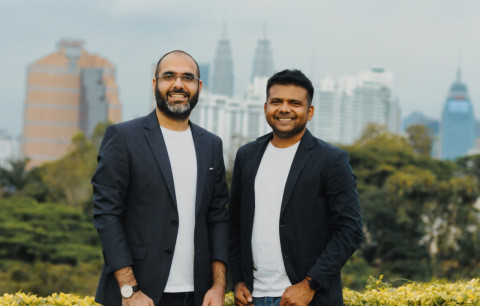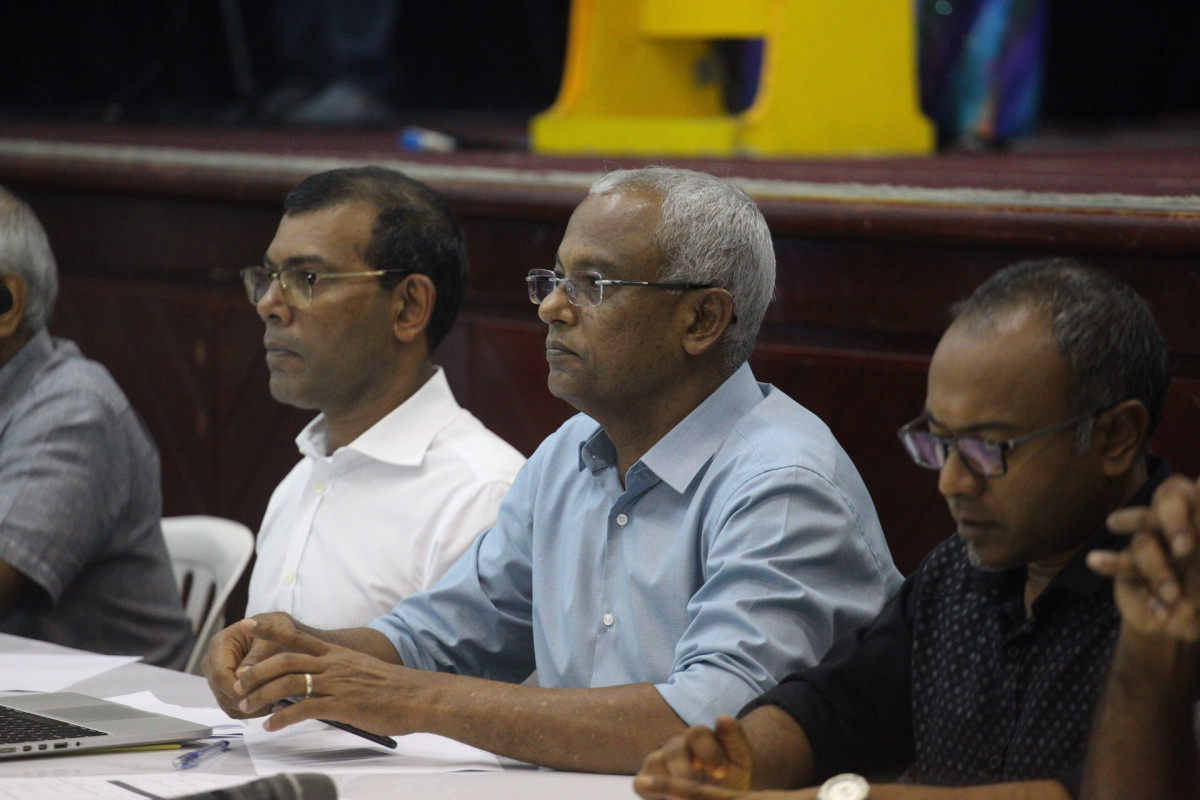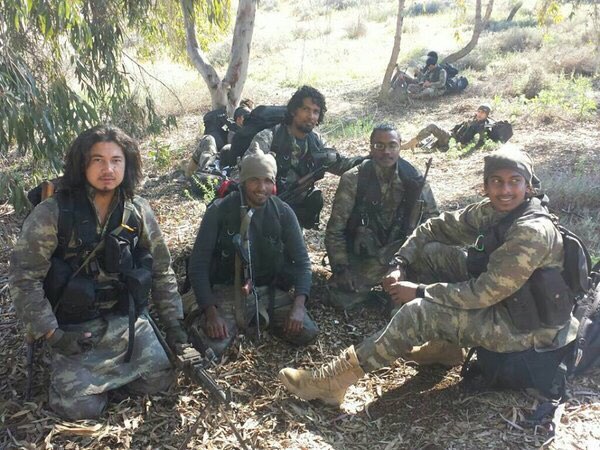Canada, India express "strong" concern over developments in Maldives, and its "implications for a free society”
PM Modi and Trudeau held a joint press conference on Friday

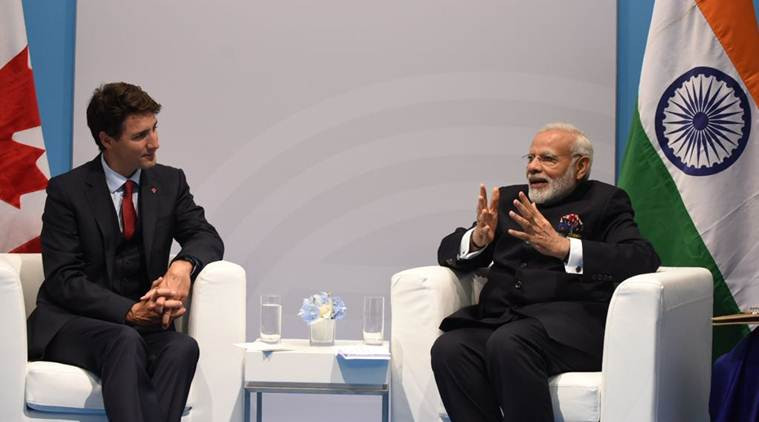
PM Justin Trudeau and PM Narenda Modi
Canada and India have called on the Government of Maldives to lift the state of emergency and “allow democratic institutions to function independently in a fair and transparent manner”.
In a joint statement released on Friday, following a meeting held between Indian Prime Minister Narendra Modi and Canadian Prime Minister Justin Trudeau, both leaders expressed “strong concern” over the recent developments in Maldives, “and their implications for a free society”.
“As leaders of parliamentary systems, they deplored the degradation of judicial independence and authority and of democratic institutions, as well as respect for fundamental freedoms, including those of speech and assembly, constitutional rights and obligations under international law,” reads the statement.
Both leaders urged the Maldivian authorities “to ensure early resumption of the political process after revoking the state of emergency and to allow democratic institutions, including the judiciary, to function independently in a fair and transparent manner”.
During a joint press conference held earlier on Friday, PM Modi noted that India and Canada “share common views on the proliferation of North Korea, safety and peace in Indo-Pacific region and independence of democratic institutions in Maldives”.
Earlier on Friday, Canada’s Ambassador to the Maldives expressed concern over “reports of increasing violence, targeting and arrests of journalists and protesters in Maldives,” adding that “Canada continues to call for the lifting of the state of emergency, restoration of fundamental rights and freedoms, and a return to democracy”.
Following the declaration of a state of emergency in the Maldives on 5th February, both India and Canada had issued travel advisories, cautioning their citizens regarding the current political situation in the country.
While the state of emergency was extended by parliament on Tuesday, in a vote taken without the constitutionally required quorum of 43 parliamentarians, India had expressed “dismay” over the government’s decision.
“The consequent delay in the resumption of the political process and the continuing suspension of the functioning of democratic institutions including the judiciary is likely to further delay restoration of normalcy in Maldives,” reads India’s statement.
Furthermore, at a press conference on Thursday, spokesperson to the Ministry of External Affairs of the Government of India, Raveesh Kumar, said that it is India’s “sincere desire that democracy in the Maldives is restored and the situation returns to normal, we believe that this is the desire of the Maldivian people as well” Raveesh Kumar further said.
However, Maldives has dismissed the international community’s concerns, saying that “public statements are unhelpful”.
“The assertion by the Government of India that the extension of the State of Emergency by the People’s Majlis (parliament) was unconstitutional is a clear distortion of facts, which ignore the Constitution and Laws of the Maldives,” said Maldives, adding that it “firmly” committed to working “closely” with the international community, “including India”.

